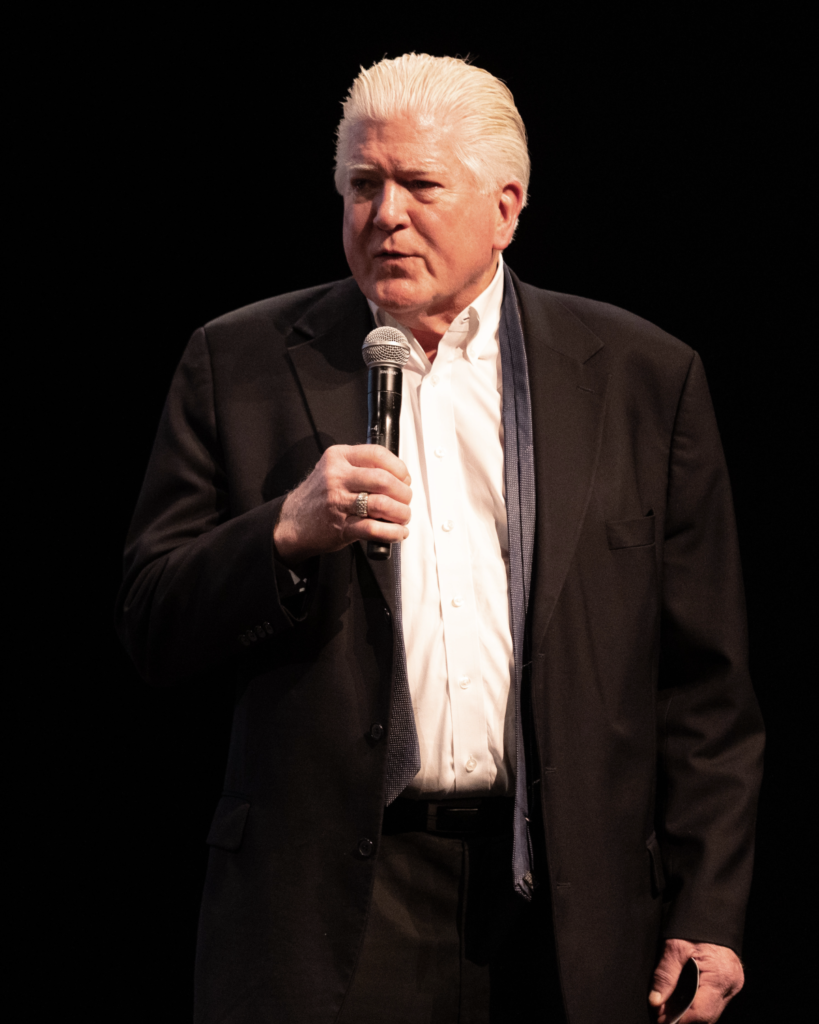This piece originally appeared in our newsletter, “Carnegie Corner,” Issue No. 6.
Brian Burke, a member of The CI’s Board of Directors, was named the Executive Director of the Professional Women’s Hockey League Players Association (PWHLPA).
His pedigree in the game of hockey spans over 35 years. Burke has served as the president of hockey operations and/or general manager of the Hartford Whalers, Vancouver Canucks, Anaheim Ducks, Toronto Maple Leafs, Calgary Flames and the Pittsburgh Penguins. He has also had stints as a TV hockey analyst.
Off the ice, Burke has been one of the most prominent voices in hockey, advocating and supporting the LGBTQ+ community and their inclusion in the sport.
CI: You recently accepted a new role with the Professional Women’s Hockey League Players Association. What are your hopes for the future of women’s pro hockey?
BB: Today is a great day for women hockey players. Today ends decades of division and strife. The best women’s hockey players in the world (we may add a few from outside our group) now get a chance to earn a fair range of salary and benefits. And compete with first class staff, in first-class practice facilities, with first-class coaches and in first-class game venues. We have reached a wonderful level! My hopes are to work closely with the PWHL and grow this great game!
CI: What will your biggest focus be in your new role with the PWHLPA?
BB: My role will be to make sure that every player is treated equitably as we work together to grow the game.
CI: How can the NHL make a bigger impact in supporting the LGBTQ+ hockey community?
BB: We are committed to a full agenda on the scope of diversity, equity and inclusion. However, given our constituency, we intend to be leaders on the LGBTQ+ front! The NHL has been a great partner in this area.
CI: Do you think NHL involvement in women’s pro hockey is necessary?
BB: Now with a unified front, we are counting on great support from the National Hockey League, already a great partner. Further support is vital. But we need to make this work on our own feet!

CI: Was there a particular instance in your life you recall as the moment you fell in love with hockey?
BB: When I moved to Minnesota at age 12 and watched the State High School Hockey Tournament. For (the) women’s (game), Nagano, 25 years ago.
CI: What do you deem as the most immediate challenges The CI must focus on to see more progress in making the sport more inclusive and welcoming to all?
BB: I fear the trend toward ignorance and hatred that is emerging. We have made such amazing progress. Just when I thought we were making real progress, there has been a hard turn toward hatred and intolerance. We need to fight this!